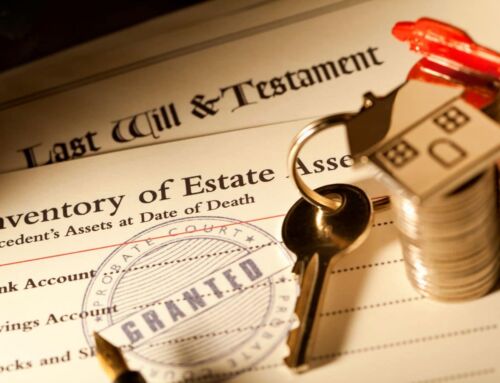Community Versus Separate Property
You’ve decided to end your marriage. One spouse has moved out and documents have been filed to proceed with divorce. You’ve both hired attorneys. Now begins the division of assets. Louisiana is a community property state, meaning that unless there is a prenup or contract that states otherwise, all property and assets acquired during the marriage are the result of contributions by both spouses and should be divided equally in the event of a divorce.
When you take into consideration gifts or inherited property, the lines become blurred between community property and separate property. It is also important to mention that all debts incurred during the marriage are also considered community debt and should be divided equally as well. Now before you break out a chainsaw and start physically cutting items in half, let’s take a closer look at community versus separate property and what it means when determining the equitable division of assets.
Community Property
Simply put, any assets that a couple acquires during their marriage is considered community property, jointly and equally owned by both spouses. This can include:
While it is customary to divide both assets and debts 50/50, the math can prove to be a complicated process. When a divorcing couple cannot come to a settlement agreement on their own, or with the help of their legal counsel, a judge will assign value to all assets and divide equally. Whereas when settled somewhat amicably, one spouse can essentially “buy out” the other on big-ticket items, or property can be divided such that the combined values are equal, when sent before a judge, they may rule that some assets are sold and proceeds split equally.
Separate Property
Assets that belong to one spouse can be considered separate property. At times defined by a prenuptial or postnuptial agreement, this can include properties owned prior to marriage, inheritances, and donations made to one spouse.
Establishing when property is acquired and the source of funding is instrumental in determining if property is considered separate.
Dividing “Equally”
The rules surrounding property division are complex, and if you are to avoid a judge ruling on the matter, it is important that you come to an agreement on equal division of the assets. First, value must be assigned to each asset. Creating a settlement package for each spouse that includes items of similar value, quite frankly, can often lead to disputes over the perceived value of one item over another.
It may be necessary to bring in a professional to appraise these items in order for both parties to agree on it’s value. In many cases, couples choose to sell larger assets, such as homes and rental properties, and divide the profits. In situations in which one spouse wishes to retain certain pieces of property, it is common for them to buy out the other. Again, this is where the math gets tricky. Add in a healthy dose of emotion and sometimes animosity and it’s tricky business.
There is Hope
The Law Office of Michael A. Rosenblatt has extensive experience resolving property conflicts that may arise during divorce proceedings. When you’re faced with dissolving your marriage and determining which assets are considered separate property versus community property, we are here for you! Contact us today to learn more.
The Law Office of Michael A. Rosenblatt works through this process with clients, allowing marriages to move forward comfortably and confidently.



